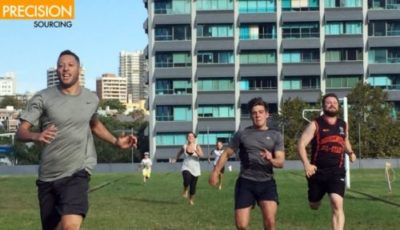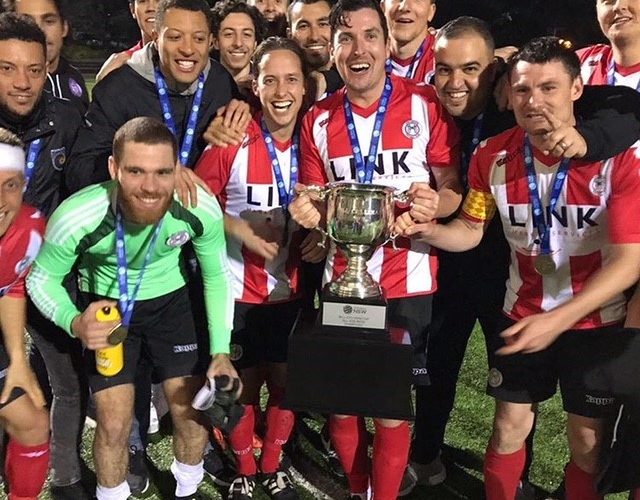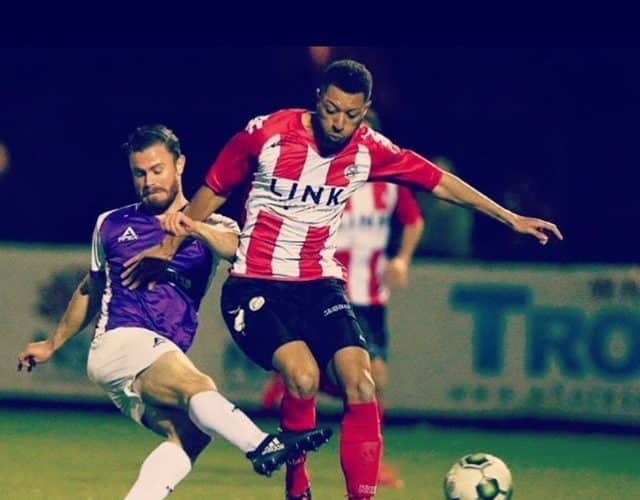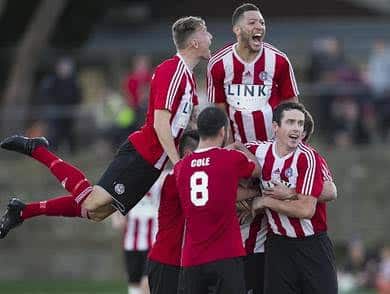
Nov 22, 2017
Football – A great teacher in my life
I have always been passionate about Football and have personally played and coached in the UK, New Zealand, the USA and now in Australia. In the UK, I studied sports science at Canterbury Christ Church University and towards the end of my studies an owner of a Massachusetts based soccer company, in the USA, recruited several coaches (me being one of them) to work in the US.
It was then I began my coaching and I owe a lot to football as it has and continues to provide me with life friends, skills and tools that I can leverage in my career.
This blog will discuss the 5 practical skills I’ve taken from Football Coaching that I have translated into my career.
- Planning for your success
Football – When coaching in the US I worked on recreating and planning a whole curriculum to deliver to different training programs. I also coached an U10 boys team and planned team talks before and at half time of a game. Planning is imperative to be successful in coaching to ensure my players have the platform to progress both individually and as a team.
The best coaching sessions I put on were thoroughly planned.
Career – For me work life requires substantial planning and what I have found is, like football, when I plan the day, month and year ahead the more success I achieve. I follow a detailed planning structure and template which is the bed rock of everything I execute.
- Self-Learning works best for me
Football – When I was coaching players there were several different methods and approaches I used to ensure players learnt and developed. Less favourably there is the direct approach, instructing players to perform certain techniques, ball mastery skills or passes. This approach was okay for practicing however when I wasn’t instructing, players wouldn’t necessarily perform. Where I saw the most success was creating environments where players can explore and self-learn and praising a positive action.
Career – Like football, what I’ve seen to the most successful way to adopt new skills is a discovery process. For me the best form of learning is self-learning as opposed to being told or telling others what to do. In the office, we use role plays and scenario based workshops as the platform to discover techniques that work best for my colleagues and I.
- Pro-active change is key
Football –When coaching I had to be aware of new techniques, sessions and ideas or even better be ahead of the curve in terms of innovation. What I have found is the best coaches are the ones that are always open to learn, adapt and change.
Career – This applies to the office environment. The quote ‘we have always done it that way’ is the moment you go backwards as others adapt and change. I purposefully always keep evolving, the workplace of today is very different to the workplace of yesteryear. One practical example I have adopted is to learn of new starters entering the business as they may have a different approach that may improve my own.
- Talk in other people’s language – Communication
Football – When coaching I discovered players learn differently. Some just need a simple verbal instruction or explanation of the session or coaching point. Others learn through demonstration or by doing the activity therefore all forms of communication is key.
Career – Again no different from the office environment. People will learn in different ways and I for instance will learn best in workshops, role plays and watching colleagues perform the task at hand.
- Team meetings without distractions
Football – When coaching youngsters and explaining the overview of the session I found there were a lot of distractions i.e the ball, bibs, other players and even the grass for some #babysitting. Therefore, when I delivered a session overview I used to restrict the distractions as much as I can for example gathering in a huddle, ask players to sit on the ball when delivering a coaching point or keeping intensity and energy high to retain attention.
Career – As a practical example when I run a morning meeting I restrict the distractions as much as possible. I hold the meeting away from the computers, no phones allowed and only take the stationary items required.
What have you learnt from your other passions in life and how have you transferred this into your career?





